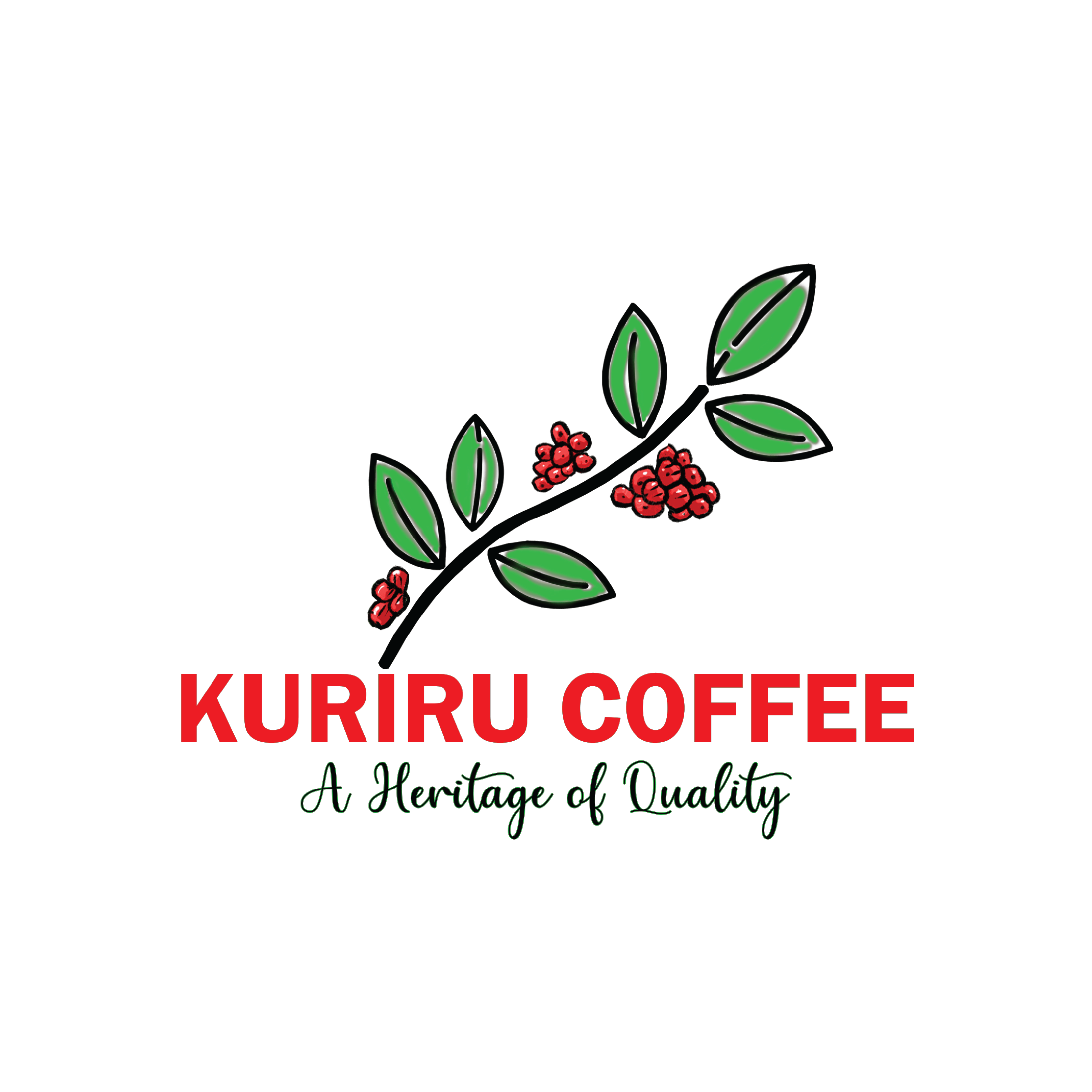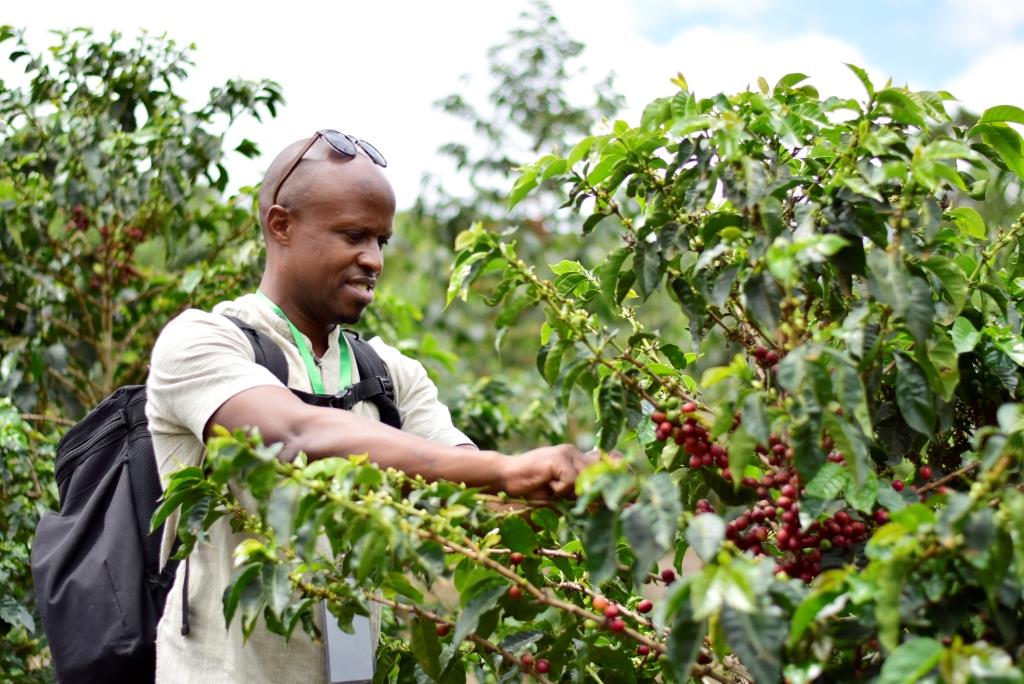
It wouldn’t be too much of a stretch to state that Kenyan coffee is the Bently of the coffee world. Getting rarer due to falling production levels necessitated by climate change effects, real estate development and a myriad of other factors. And apart from the rarity, it has a certain je ne sais quoi, the question then begs what gives Kenyan coffee that indefinable quality that makes it much sought after both by discerning coffee drinkers and roasters globally. We will delve into the factors why this is so and shed light while unbundling the mysteries of Kenyan coffee that make it so unique.
1. Terrior
This term is derived from a French term used to describe a crop’s composition, including unique environment context and a crop’s precise growth habitat. Kenya sits on the equator, and this low oxygen and cooler temperatures facilitate the slow growth of coffee permitting for the sought-after floral, sweet and fruity flavors. Kenyan coffee is grown in soil rich in minerals, well-drained and fertile. In addition, quite a substantial portion is grown in rich red volcanic soils on some Kenyan mountainous ranges.
2. Hand Picking
In most other coffee-producing countries picking of coffee has been mechanized due to the desire to get higher returns through reduced labour costs. The downside to this is that both ripe and unripe berries are harvested leading to reduced cup quality. On the other hand traditionally Kenyan coffee is hand-picked, which though labor intensive ensures that only the red ripe cherries that have matured well and that have just the right flavor profile and in addition are then manually sorted to remove any that may have deficiencies.
This ensures consistent quality and it is no wonder that Kenyan coffee is used to blend other coffees such as from Brazil and Columbia to produce a better-rounded flavor profile to add more flavor and body to the final product.
3. Processing
Kenyan coffee is carefully and scientifically processed. Primarily Kenyan Coffee undergoes wet processing though more and more are adapting natural and carbonic maceration methods for the niche markets. Under the wet processing, the parchment coffee undergoes double fermentation whereby the coffee beans are exposed to water removing any remaining bits of fruit and mucilage which helps to set the beans’ final flavor profile. This method improves the clarity and brightness of flavors unique to Kenyan coffee. Once they go through this process they are evenly sun-dried to a moisture content level of 10-11% ensuring they reach the final consumer in an optimal state.
4. Distinctive variety
Kenyan coffee is primarily Arabica with a bit of Robusta grown in the Western region. Kenyan Coffee being majorly Arabica is highly sought after by coffee connoisseurs globally, especially in the specialty and premium coffee segments. Arabica coffee has a sweet and smooth flavor and though it is reducing in production due to climate change steps are been taken in Kenya to ensure that its production increases through climate-smart and sustainable agricultural practices.
At Kuriru Coffee we will ensure that the heritage of producing quality and unique Kenyan coffee continues sustainably. We employ sustainable practices in our growing of coffee and follow the steps outlined to ensure that you get the highest cup of quality possible. We are also an innovative coffee firm that seeks to pursue continuous improvement in our practices and products.



 ">
">
 ">
">